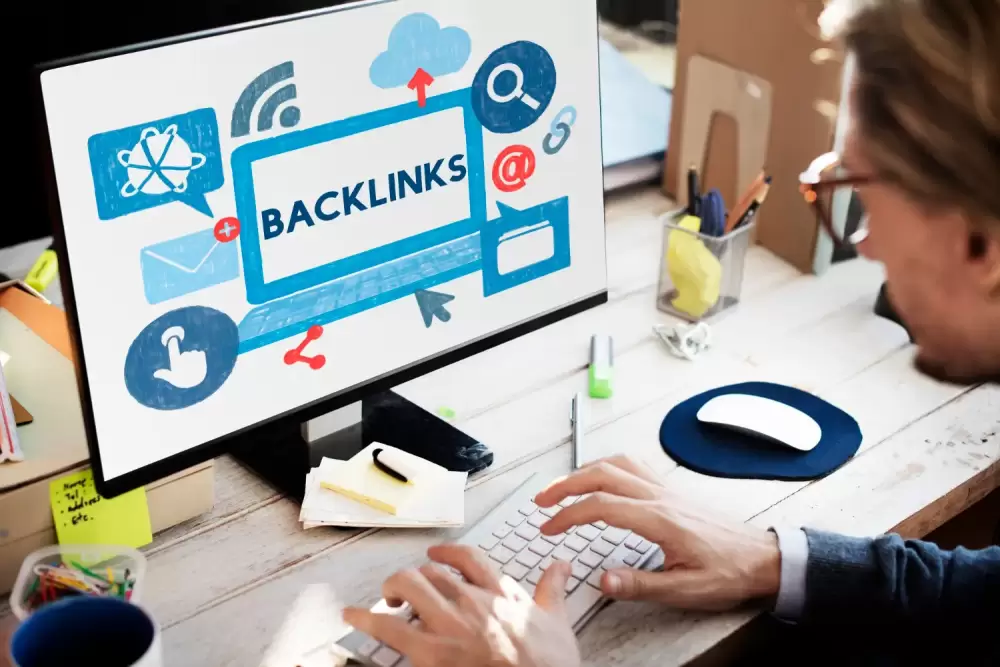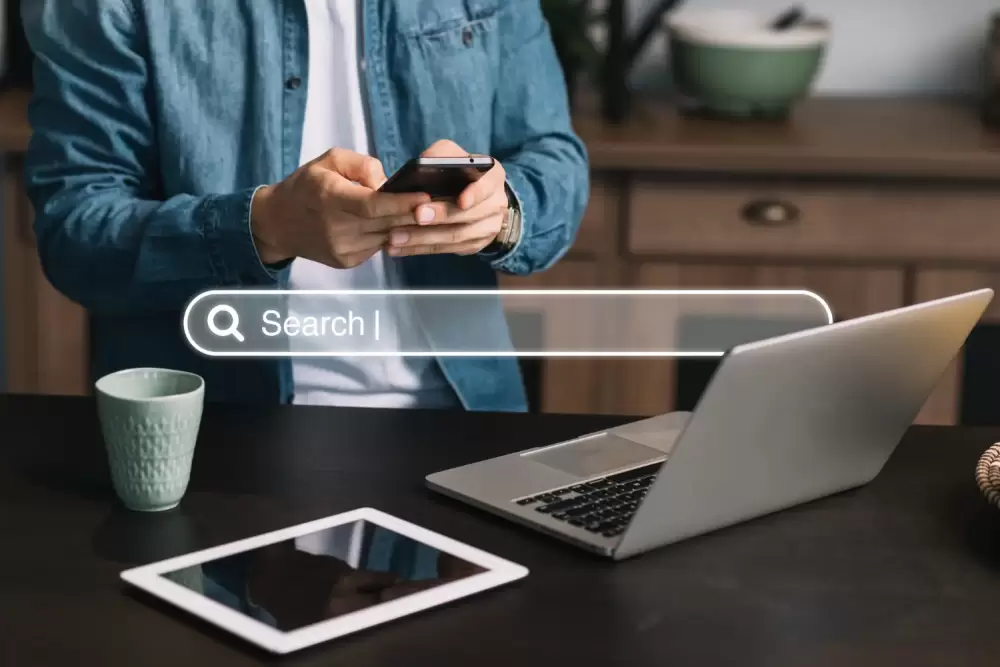What is Backlink?
A backlink is a link from one website to another website. These links mean that a web page leads to other pages. In other words, when a website adds a link to your website, that link is called a “backlink.” Backlinks are an important factor that helps search engines understand the value and quality of a site’s content by creating a network of connections between websites. Backlinks can increase the authority and credibility of a website. Search engines can rank sites with quality and relevant backlinks higher. However, care should be taken when creating backlink strategies and unethical methods should be avoided. Natural and organic backlinks are more important for the long-term success of your website.
Benefits of Backlink
The benefits of backlinks are listed below.
- Increase Search Engine Rankings: Quality and natural backlinks can help search engines rank your website higher. Search engines can increase your rankings when they think your site is popular and trustworthy.
- Building Authority and Credibility: Backlinks from relevant and reputable sites can increase the authority of your website and help you be perceived as more trustworthy by other players in the industry.
- Driving More Traffic: Backlinks can direct users from other sites to your website. This allows you to attract more visitors and reach potential customers.
- Better Local and Global Rankings: For local businesses, backlinks from local sites can lead to better rankings in local searches. Likewise, backlinks from international sites can contribute to global rankings.
- Better Crawlability: Backlinks can help search engines crawl your website more effectively. This provides a better understanding of your site’s content.
- Distinguishing from Competitors: Quality backlinks can help you stand out from your competitors. Links from relevant industry authorities can provide a competitive advantage.
- Increase Brand Awareness: Backlinks can increase your brand’s online presence and help you reach a wider audience.
Backlink Types
Backlinks can come from different types and sources. Here are some common types of backlinks:
- Dofollow Backlink
- Nofollow Backlink
- UGC Link
- Sponsored (Paid) Link
Dofollow Backlink
Dofollow backlink is a type of linking from a website that allows search engines to follow that link and contribute to the authority of the targeted page. These types of links are important for SEO (Search Engine Optimization) because search engines evaluate the content and authority of the target page by following these links. Dofollow backlinks look like this.
<a href=”https://www.theseoup.com/”>Dofollow link</a>
Nofollow Backlink
A NoFollow backlink is a type of link from a website that is not tracked by search engines and does not directly contribute to the authority of the target page. In such links, the “rel=nofollow” tag is used to indicate to search engines that this link should not be followed. NoFollow links often appear in user-added links or sponsored content. For example, when a user comments on a blog post, automatically added links often have NoFollow. Likewise, if a website contains sponsored content or advertising, these links may also be marked as NoFollow.
<a href=”https://www.theseoup.com/” rel=”nofollow”>Nofollow link</a>
UGC Link
UGC (User Generated Content) backlink is a type of link that comes from user-generated content. UGC is associated with backlinks, forums, blog comments, social media posts, and other user-generated content. This type of linking involves users contributing to your website in a natural and organic way. UGC backlinks are usually marked with the “rel=ugc” tag. This tag indicates to Google and other search engines that this link is associated with user-generated content and should be taken into account to regulate SEO implications. This allows UGC backlinks to be used to increase natural interactivity and user engagement of your site.
Sponsored (Paid) Link
A sponsored (paid) backlink is a link from one website to another that is created as a result of a fee or an agreement fulfilled in return. This agreement between two parties usually involves money, exchange of services, or other consideration. Sponsored backlinks are often used for advertising purposes and may be purchased to drive more traffic to websites or improve search engine rankings. Sponsored backlink looks like below.
<a href=”https://www.theseoup.com/” rel=”sponsored”>Sponsored link</a>
How to Create a Backlink Strategy?
Creating an effective backlink strategy is important to increase your website’s visibility and rank higher in search engines. What needs to be done to create a backlink strategy is listed below.
- Goal Setting: Set specific and measurable goals. For example, getting a certain number of quality backlinks per month or improving rankings for a certain keyword.
- Competitor Analysis: Examine your competitors’ backlink profiles to understand where they get backlinks and what strategies they use. This can guide you in determining your own strategy.
- Target Audience Determination: Determine a target audience that is relevant and with which you can interact. This can help you get more effective backlinks from sites relevant to your target audience.
- Content Quality: Create high-quality, original and engaging content. Quality content makes other sites more likely to link to you. Guest Posts: Get backlinks by writing guest posts on relevant and authoritative blogs. However, make sure that your guest posts are of high quality and valuable.
- Social Media Engagement: Be active on social media platforms. By making relevant posts and interacting, you can get backlinks from other users and businesses.
- Press Releases: Create press releases about important developments, product launches or events and get backlinks by sending them to news sites.
- Regular Analysis: Analyze your backlinks regularly. Optimize your strategy by determining which links bring you value.
- Code of Ethics: Act ethically and transparently. Avoid spammy or manipulative backlink strategies. It is important to follow search engines’ guidelines.
An effective backlink strategy requires constant effort and attention. It is important to obtain quality and natural backlinks over time.




